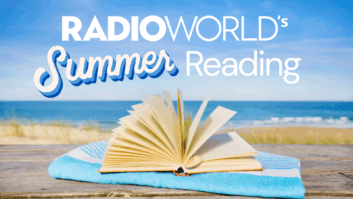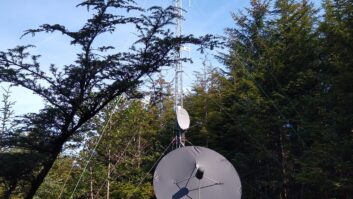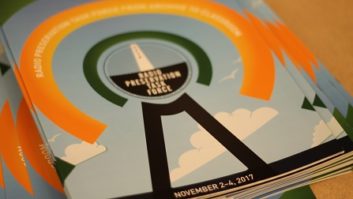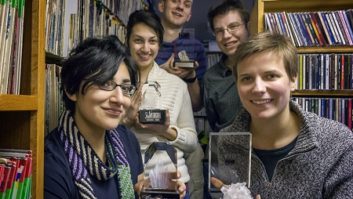The author is professor of communication at William Paterson University. Radio World invites industry-oriented commentaries and responses. Send to Radio World.
I usher an alumnus into our studio at Brave New Radio, William Paterson University. A light is switched on and the small room lights up. In a whispered, reverent voice, the alum turns to me and says, “This was the place. This was it!” 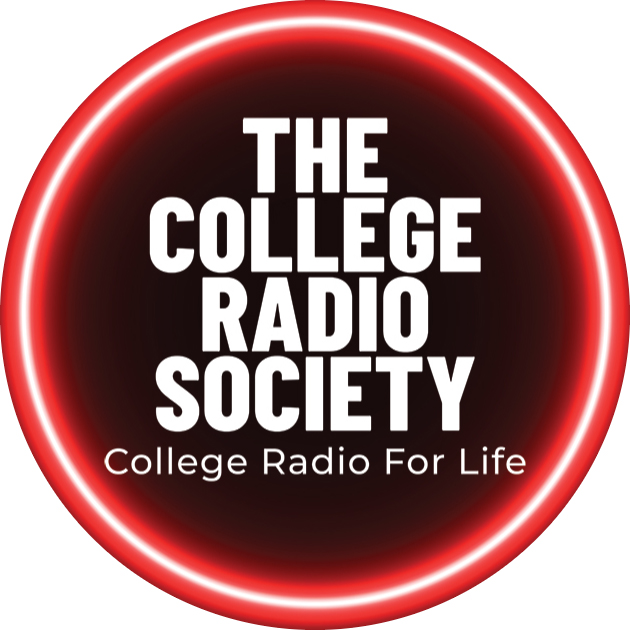
It might have been an unremarkable, empty studio to some, but for this person, it was like bringing the past vividly to life. The music. The friends. The good times. Memories swirled like a thick mist.
For many alumni, their on-campus broadcast experiences hold a special place in their hearts. College radio might have been where they made lifelong friends, found a spouse or significant other, had mind-altering experiences and embraced a community united by its love of music. Many view it as an almost magical chapter in their lives. I know its power from my own experience in the early ‘90s.
Launched last fall, the College Radio Society, organized by the College Radio Foundation, is an effort to unite college radio alumni and to keep the magic of those memories alive. It also will remind the public that college radio is very much alive and benefiting those involved with it and those who listen.
Volunteer effort
“For me, it began in 1969,” remembers Jay Rosen. “I was friended by Pete Fornatale when he was at WFUV, Fordham University. He invited me up to his show and I met other people there. I took some courses and then became a member of WFUV when it was student-run.”
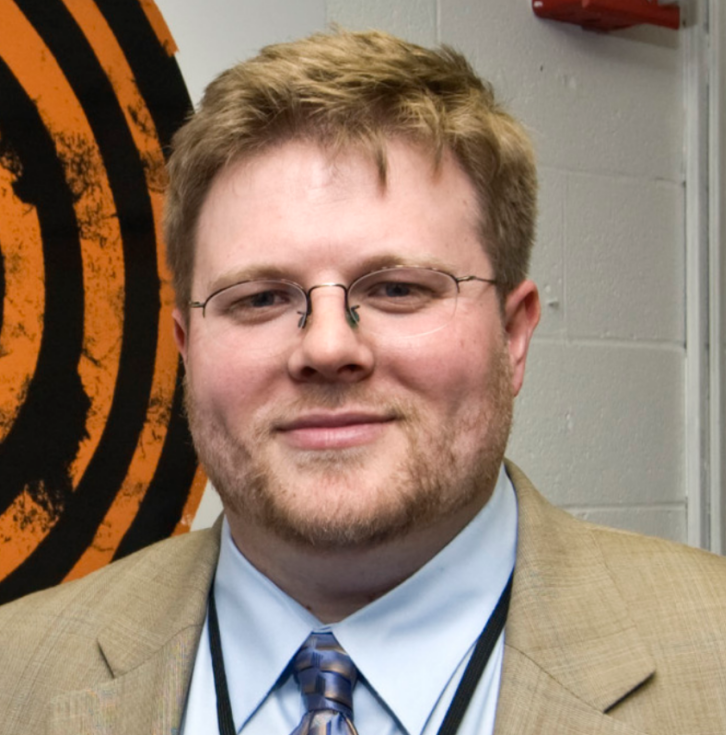
Since then, Rosen has been passionate about college radio, serving on the board of the Intercollegiate Broadcasting System and now also as an admin for the new College Radio Society Facebook group.
I’m working alongside Jay and other volunteers who want to unite as many alumni as possible. Collectively, we can speak to the transformative power of college radio. The CRS wants to harness that enthusiasm and access cherished memories by producing a zine and a podcast, alongside other events.
The CRS wants to support important ongoing work about college radio’s history. For example, a longform documentary about college radio called “35000 Watts” is in production.
Director Michael Millard started at KTXT(FM) in Lubbock, Texas, in 1992. “I’ve spoken with hundreds of college radio alumni and I have yet to meet a single person who doesn’t feel that college radio played a crucial role in shaping the person they became,” Millard says.
“The history of college radio has largely been written by each individual station, so there aren’t a lot of comprehensive histories that tell the larger story.”
Millard senses the urgency in collecting those stories. “The early history is slipping away, and many of the people who pioneered college radio are no longer with us. It is important to capture as much history as possible now.”
[Read More Guest Commentaries Here]
Meanwhile the first major book about the history of college radio in over two decades is coming out soon. Dr. Katherine Rye Jewell is associate professor of history at Fitchburg State University in Massachusetts. Her book “Live from the Underground: A History of College Radio” is to be published this fall by UNC Press.
“I started writing this book after my college radio station, WRVU at Vanderbilt University, was sold in 2011,” says Jewell. Seeing it sold despite strong opposition from students prompted Jewell to ask further questions.
“I understood that college radio had a particular role in culture and in higher education — as well as a relationship to policy — but I began to explore how its reputation emerged historically and its influence grew after I became curious as to why the administration no longer viewed the signal as valuable. The result is this book, plus another that explores college radio’s emergence in large numbers on FM in the 1960s and 1970s.”
Jewell also works with Jennifer Waits as a co-chair of the College, Community and Educational Radio Caucus of the Radio Preservation Task Force formed by the Library of Congress in 2014. It’s a serious effort toward the preservation of radio history and “supports and promotes the preservation of college, community and educational radio archives and resources.”
Waits has been writing about college radio culture since 2008 and was one of the co-founders of Radio Survivor.
“On our website, podcast and syndicated radio show, we report on and discuss topics related to radio and sound, including college radio. I am fascinated by it and started researching and writing about college radio when I realized that it was not well-represented in academia and in the popular press.”
That passion has meant traveling thousands of miles. “I started touring radio stations and have visited more than 100 — and more than 165 stations of all types. I work to capture aspects of each station’s rich history.”
You can help
These efforts give the sense that college radio could be about to get a moment of overdue recognition. With the College Radio Society, we hope to bring awareness about this work; we hope people will join us because of the fun memories of their college radio days, when lasting friendships formed.
For Waits it’s about getting deserved recognition for those involved in its story: “College radio has existed since the beginning of radio, and it’s important to ensure that stories of student contributions to every era of radio history are recognized within the overall history of radio.”
Millard agrees. “College radio has played a much larger role in most people’s lives than they realize,” he says. “Thousands of people who were not in entertainment or journalism also got their start in college radio. It was a place to gain confidence, find your voice and learn how to work with other like-minded people towards a common goal. Those are attributes that are just as important today as they were 50 years ago, and I think it is critical for people to understand the role college radio still plays in so many students’ lives.”
If you agree, I urge you to join us to bring this new society to life.
The author is founder of the College Radio Foundation and College Radio Day. To join the College Radio Society, visit www.collegeradio.org/the-college-radio-society/.

